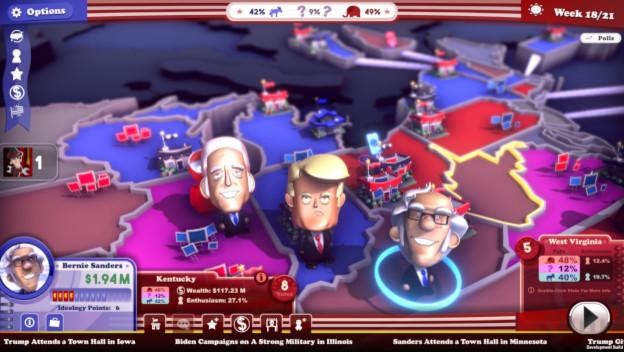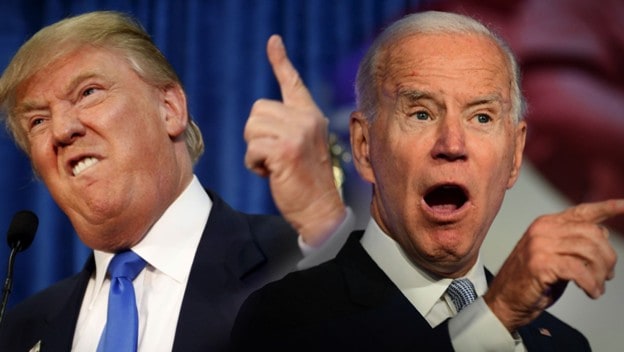Election years are tough, exhilarating, sometimes a little frightening. It can shape at least the next four years of nation as well as its values. There are also a lot of different issues that get thrust into the limelight. 2020 being what it is, well, it seems like the US hit the jackpot for contentious issues with pretty much all the oldies hitting at the same time. We’re also getting too used to thinking about things in simple terms that don’t realize the complexity of the issues or each other. Sometimes play can grant us perspectives that we never really considered. We can use play, when it’s well designed, to see the effects of different issues and our own beliefs.
Now, before I get into the examples, I know there’s going to be people complaining about going political. The fact is, there’s always been some level of politics in a variety of different games. They’re integral in well-realized strategy games, since economics, diplomacy, science, and countless other political considerations can affect what resources you have to build, expand, and preserve the country that you’re playing as. Without the political considerations for stories, quite a few games end up having half the story and wouldn’t hit as hard. These include the Final Fantasy games, any of the Tom Clancy games, Resident Evil games, Grand Theft Auto games, and countless other franchises, trilogies, and individual games. Whether we knew it or not, we were getting shown some level of politics throughout our time as gaming, but here’s where I want to shift to the focus to two games that are solely about politics.
Since we’re in the middle of a campaign year, there’s one set of games that’s absolutely a lot of fun to look at are the Political Machine games. Operating like the game Corporate Machine, it shows you a lot about how campaigns operate. You’ve got to build up a presence and a campaign infrastructure in each state while also responding to issues and different crises that arise on the campaign trail. While it still simplifies the political aspect a lot, the campaigning is fairly complex while getting you to think about why different candidates might prioritize different states for fundraising, outreach, and PR. You’ve got to think as a mixture of a candidate and a campaign manager in order to succeed as a candidate.

Another great game that is entirely political is Democracy. While Political Machine is all about getting into power, Democracy is all about what you do when you’re in power. What are your policy priorities? Will you try to represent the values of the country or just the values of the people that you see are your base? How do your policy decisions affect other political issues as well as the overall GDP of the country that you’re leading? Even the decisions like who you hire on top your cabinet has an effect, which gets interesting when you start considering the procedurally generated polled constituents. They could’ve made things very simple by considering whether they are liberal or conservative, but there are multiple other metrics that are brought up within each person. So even if you enacted one thing they liked, depending on how it affected other issues that were important to them, they could still end up hating you. Then there are reaction prompts to events that might pop up, for which each option has a different effect, some of which can kill your polling numbers or even your character.
While the earlier Political Machine are no longer available for sale through the Steam Store at the Publisher’s request, The Political Machine 2020 and Democracy 3 are. They can help at least understand what’s going on with the politics while also showing that the issues themselves are interconnected and people are more than just Democrat/Republican, Liberal/Conservative. Give them a shot.
